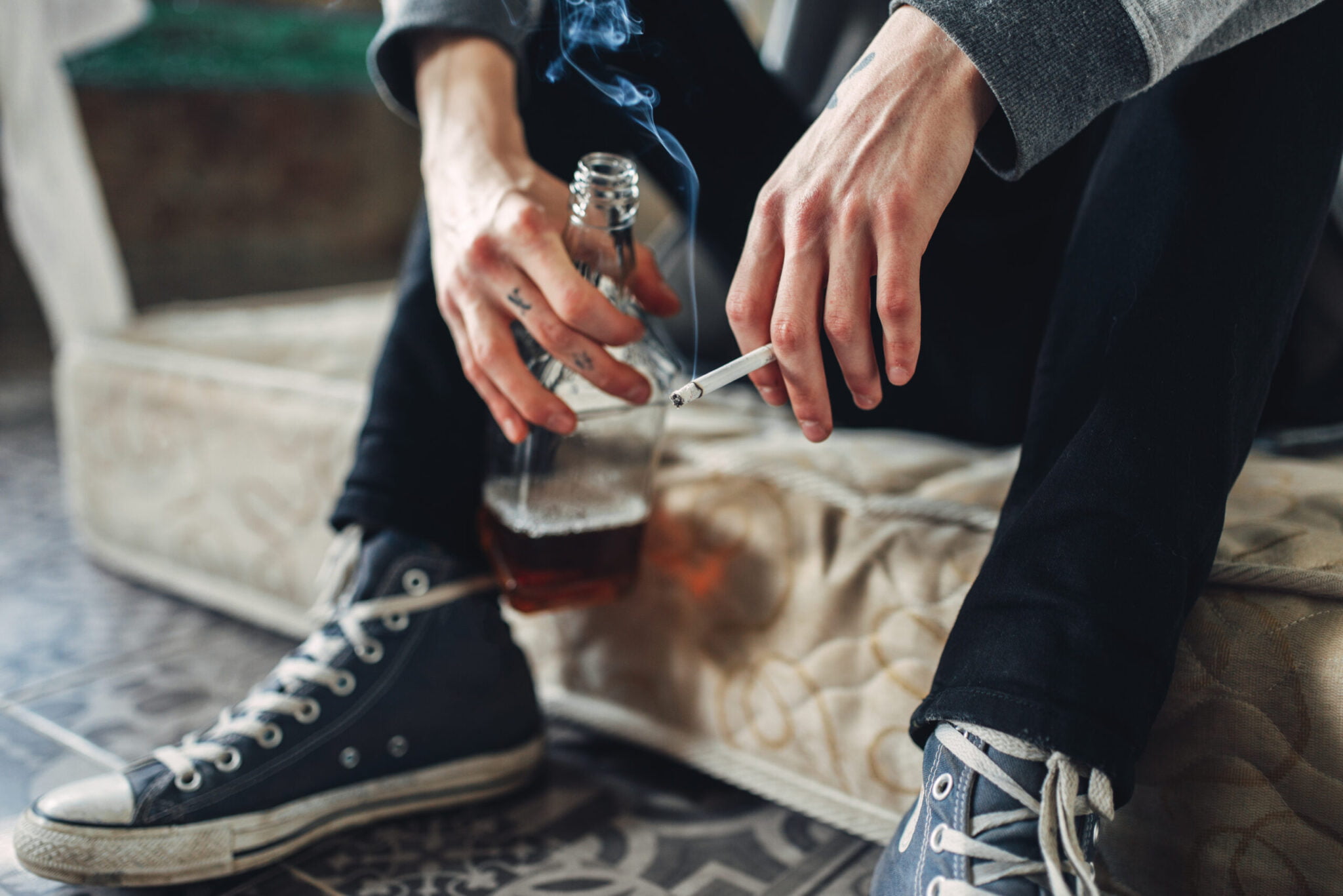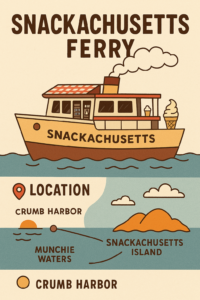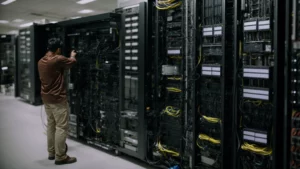While the clinking of glasses and festive cheers may be seen as signs of joy and social bonding, the implications can be far more severe when it transcends moderate consumption and spirals into alcohol abuse. In recent times, alcoholism treatment options at The Hope House have seen an alarming increase in enrollees, underscoring the urgent need to dissect the social consequences of alcohol abuse. We must delve into the dark side of cheers and understand how alcohol misuse can have profound effects not just on the individual, but also on society as a whole.
The Chain Reaction: From Personal Health to Social Burdens
When the harmful effects of alcohol abuse are discussed, the immediate focus often lies on the physical health issues it can cause: liver disease, heart problems, and brain damage, to name a few. However, the social effects are just as alarming and widespread, often creating a chain reaction that starts with personal health and extends to the broader societal context.
Personal health decline due to alcohol abuse is not only a problem for the individual; it is a burden carried by society. The healthcare system is overstrained by the medical complications associated with excessive drinking. A significant portion of hospitalizations, emergency room visits, and long-term care placements are directly related to alcohol misuse, increasing healthcare costs for everyone and monopolizing resources that could be allocated elsewhere.
Employment and Economic Implications of Alcohol Abuse
The economic impact of alcohol abuse is staggering and goes well beyond the healthcare sector. Alcohol abuse affects employment and productivity, having a profound impact on the overall economy.
Individuals who struggle with alcoholism often find it challenging to maintain consistent employment. Frequent absences, reduced productivity, and increased risk of injury at the workplace are common issues that employers must grapple with when dealing with employees who misuse alcohol. In the worst cases, chronic alcohol abuse can lead to job loss, creating further financial instability for the individual and their family, and contributing to societal issues like homelessness and poverty.
For employers, the cost of alcohol abuse is high, with reduced productivity, increased health insurance costs, and higher turnover rates. On a macroeconomic scale, these issues result in a substantial drain on economic resources, diminishing the potential growth and prosperity of society as a whole.
Family and Relationships: The Unseen Victims

Alcohol abuse is a social issue that extends far beyond the individual struggling with the addiction. It reaches into homes and relationships, often with devastating effects. Families are often the unseen victims of alcohol misuse, bearing emotional and psychological scars from living with an individual who abuses alcohol.
Children of alcoholics are at increased risk of developing emotional and behavioral problems, including a higher likelihood of falling into substance abuse themselves. Spousal and family relationships are strained, with increased incidents of domestic violence and divorce linked to alcohol abuse.
Moreover, friendships can be severely damaged or lost altogether. Social isolation often follows as friends and extended family members withdraw to protect themselves from the destructive behaviors associated with alcohol addiction.
Society at Large: Crime and Social Disintegration
Another crucial social consequence of alcohol abuse is its relationship with crime and social disintegration. Alcohol intoxication is significantly associated with criminal activities such as assaults, homicides, sexual offenses, and driving under the influence.
Alcohol misuse often leads to social disintegration, marked by social exclusion and marginalization. Individuals suffering from alcohol addiction can become isolated from society, pushing them further into their destructive habits, and creating a vicious cycle that is difficult to break.
The Stigma Surrounding Alcoholism: A Social Barrier
One of the most pervasive yet least discussed social effects of alcohol abuse is the societal stigma associated with alcoholism. This stigma can create significant barriers to recovery, as individuals often fear the judgment and ostracization that comes with admitting they have a problem with alcohol.
Stigma can manifest in various ways, including discrimination in the workplace or within social circles. It can also lead to internalized shame, guilt, and self-loathing, further exacerbating mental health issues often co-existing with alcoholism. This stigma not only hampers individuals seeking help but also contributes to the misperception of alcoholism as a personal failing rather than a disease, thereby reinforcing harmful stereotypes and barriers.
Mental Health and Alcohol Abuse: A Tangled Web
The relationship between alcohol abuse and mental health is complex and bidirectional. Often, alcohol abuse is a form of self-medication for those struggling with mental health issues like depression, anxiety, or post-traumatic stress disorder. Conversely, long-term alcohol misuse can trigger or worsen mental illnesses.
Mental illnesses and alcohol abuse often coexist, resulting in a dual diagnosis. These cases pose significant challenges for both individuals and their support networks, as the intertwined conditions amplify each other’s effects and complicate the treatment process. The co-occurrence of these issues adds another layer of complexity to the social consequences of alcohol abuse, affecting families, workplaces, and communities.
The Generational Impact of Alcohol Abuse
Alcohol abuse can ripple through generations, with children of alcoholics facing a higher risk of developing substance abuse problems and mental illnesses. The cycle of alcoholism within families is a tragic social consequence that is frequently overlooked.
Children exposed to parental alcohol abuse often grow up in unstable home environments marked by neglect and domestic violence. This toxic environment can impede their psychological, emotional, and social development, affecting their future relationships, educational achievements, and employment prospects.
Alcohol and the Education System: A Hidden Crisis

Alcohol misuse among students poses serious social implications. From high school through college, binge drinking and underage drinking are significant issues that can impact academic performance, mental health, and social relationships.
Underage drinking is linked to higher drop-out rates, which have long-term socioeconomic implications. For college students, excessive drinking can lead to missed classes, poor academic performance, and an increased risk of substance use disorders in adulthood.
Alcohol-related issues in educational settings underscore the need for early intervention strategies, comprehensive student support systems, and education about the dangers and social consequences of alcohol abuse.
Rethinking Our Social Cheers: A Call to Action
Understanding the dark side of cheers involves recognizing the broader societal implications of alcohol abuse. This calls for a comprehensive, empathetic, and collaborative response to tackle the issue. It is crucial to enhance access to effective treatments and interventions, strengthen family and community support systems, and work towards eradicating the societal stigma associated with alcoholism.
We must emphasize education and awareness, highlighting not only the personal health risks but also the wider social effects of alcohol abuse. These initiatives must be accompanied by appropriate policy changes that prioritize public health and social well-being, such as regulating alcohol advertising, implementing pricing policies, and ensuring access to alcoholism treatment options.
Heading Towards Hope: Conclusion
Through the sobering journey into the dark side of cheers, we recognize that the social effects of alcohol abuse extend beyond the individual, affecting families, communities, and society as a whole. The high economic costs, strained relationships, and societal disintegration underscore the urgent need for collective action.
However, even amid these daunting realities, there is hope. Places like The Hope House provide much-needed alcoholism treatment options. These, combined with supportive communities and robust societal action, can enable us to address alcohol abuse’s dark side effectively. By turning our cheers from empty echoes in glasses filled too many times, to sincere celebrations of milestones in the road to recovery, we can shed light on the dark side of cheers and truly celebrate the spirit of life and health.









